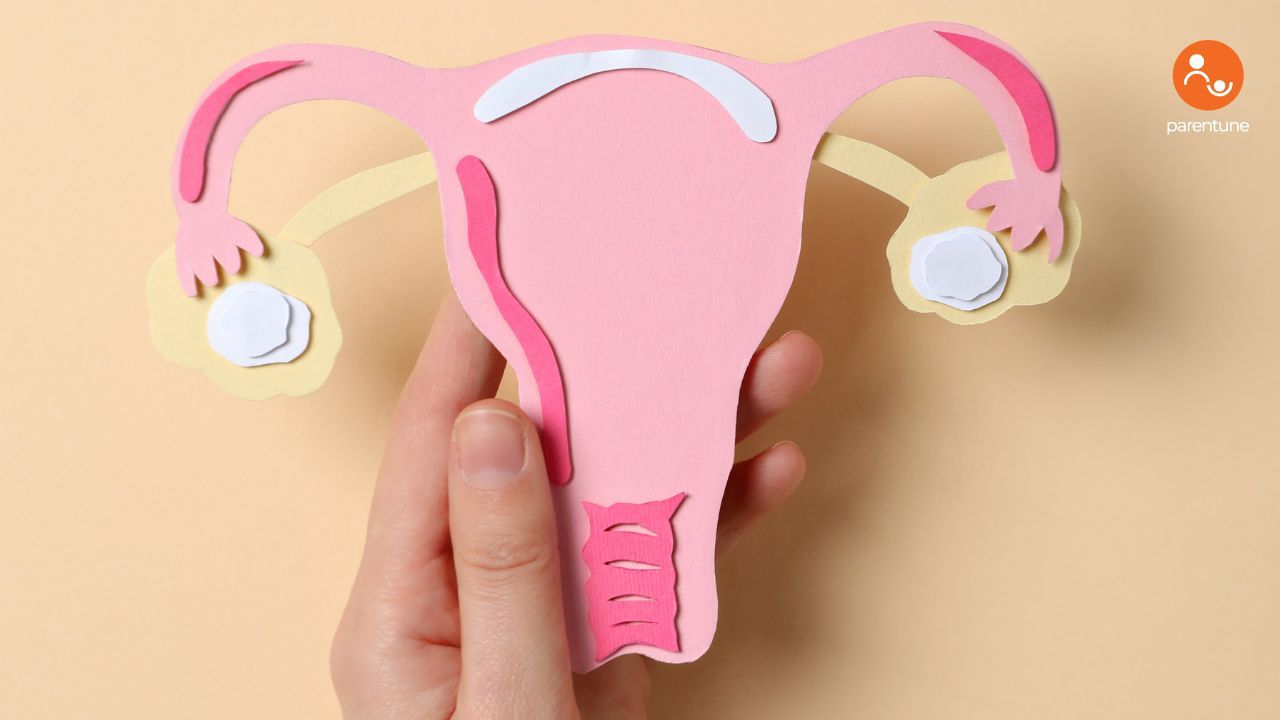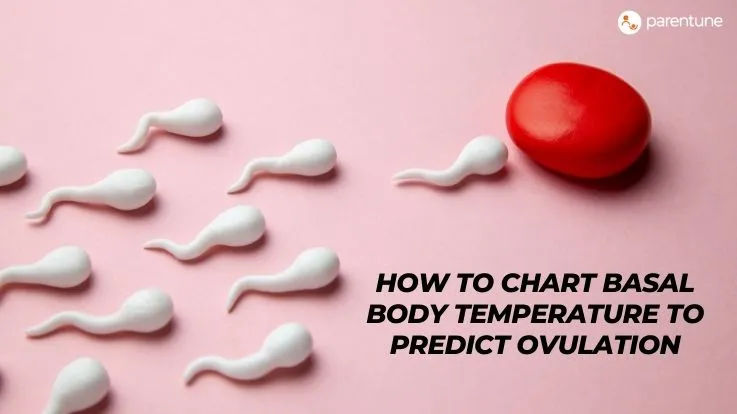Track your Pregnancy with Parentune

Track your Pregnancy with Parentune
Due Date Calculator is an online tool to predict or know your baby’s expected arrival, a moment of joy you await. To prepare with love, determine your special due date or weeks of pregnancy & track every step as you grow.
First day of your last period
March 2026
Su
Mo
Tu
We
Th
Fr
Sa
Your average cycle in days
Disclaimer: This tool is for informational purposes only.
It is important to consult your doctor/gynaecologist
What to Expect Each Trimester
See how your baby grows and how your body changes in each trimester.
1st Trimester
2nd Trimester
3rd Trimester
1st Trimester
2nd Trimester
3rd Trimester
How is My Due Date Calculated?
One of the most common ways of predicting a baby’s due date is using your last menstrual period’s (LMP) first day in the calculation.Since most pregnancies last around 40 weeks (or 38 weeks from conception), the best way to estimate your baby’s due date is to count 40 weeks (or 280 days) from your last period’s first day. You can also subtract 3 months from your last period’s first day and add 7 days to get your expected due date.Remember, the due date for a pregnancy is an estimate and not set in stone.











